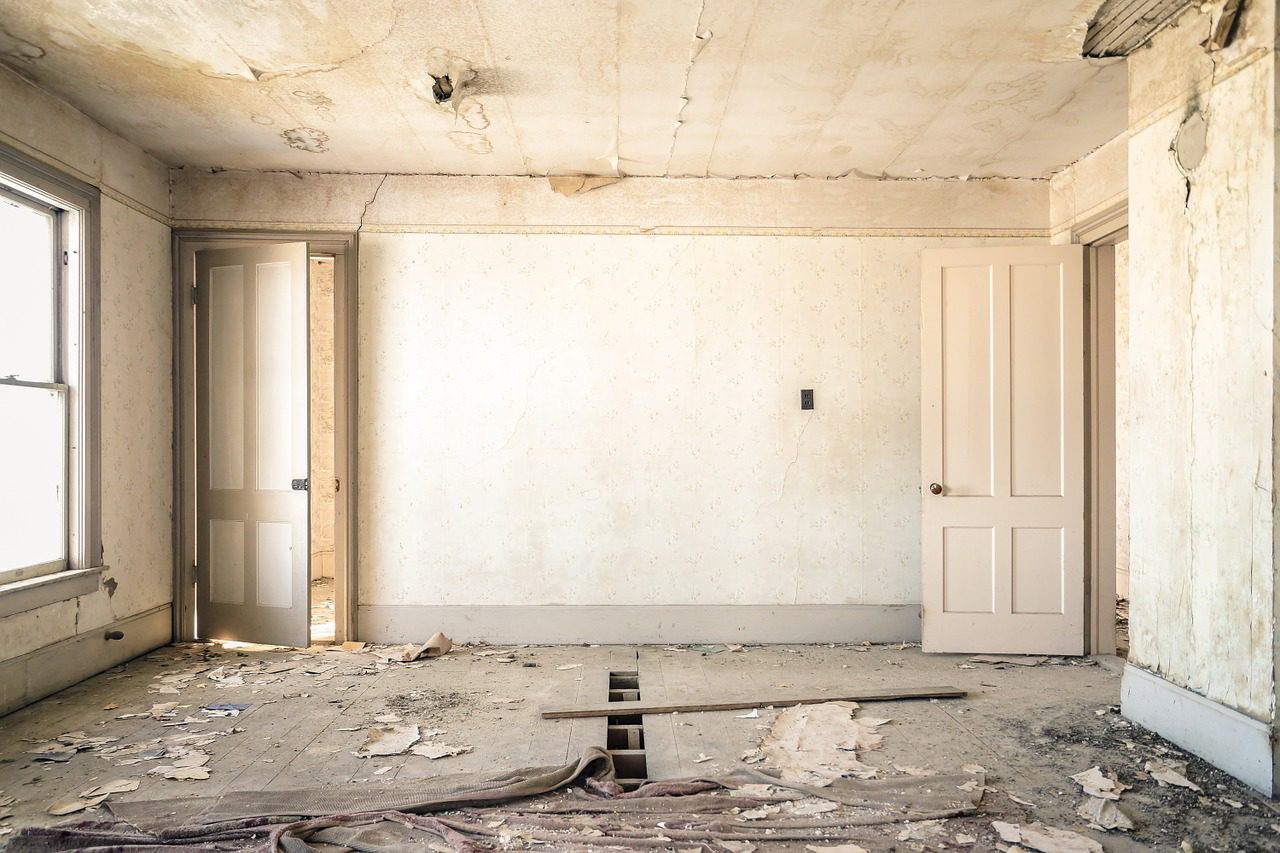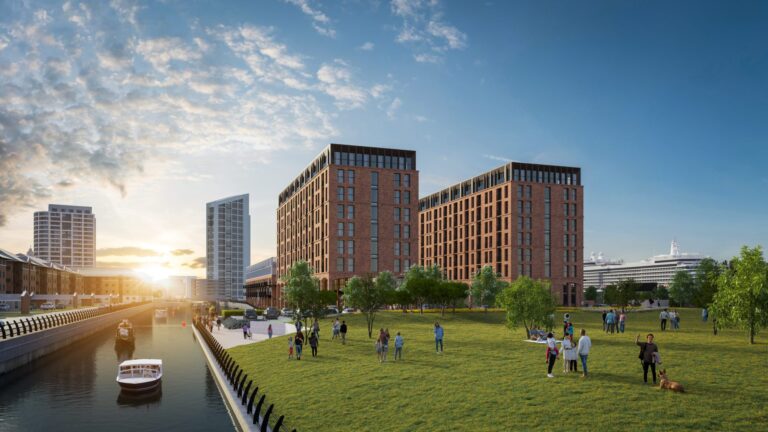Landlords in the coming decade may have to decide between buying newer homes or retrofitting their stock to meet new EPC standards.
Residential property has been cited as one of the biggest problem areas the government needs to tackle to meet its net zero carbon target by 2050. As such, retrofitting is being widely discussed among investors right now.
One property investment platform, IMMO, recently revealed that it would be spending £1bn buying around 3,000 old homes across the country. The plan is to then upgrade them so they reach an energy performance certificate (EPC) rating of C.
If, or inevitably, when the government raises minimum energy efficiency standards (MEES) in privately rented homes, this could become an increasingly popular investment strategy among many.
While buying and renovating a sub-standard property for rental is nothing new for many investors, the key will be the sustainability features, such as better windows, more insulation, draught proofing, LED lights and even better-rated appliances.
What’s the plan?
IMMO intends to have divested its £1bn on old homes by 2025. It estimates that the work it will complete could save property owners – or the government – around £25m in retrofitting costs.
The platform currently manages a £66m property portfolio in the UK and Germany. It has raised £63m in venture capital, and holds more than £2bn in pension funds and insurance companies.
Anna Clare Harper, head of sustainability at IMMO, says: “The built environment is one of the worst offenders when it comes to carbon emissions. Without a programme of mass retrofitting, the UK will not be able to meet its net-zero targets.
“Public investment and regulations play an important role in bringing Britain’s housing up to modern energy efficiency standards.
“The private sector also plays an important role. Institutional investors such as pension funds and insurers are increasingly on the hunt for assets that produce reliable, long-term income streams to match their liabilities in a way that is socially and environmentally responsible.”
IMMO will use proptech to find properties that need retrofitting, in areas where supply of rental homes is low and yields are strong.
Retrofitting could cost £300bn
According to Savills, the estimated cost of retrofitting all the UK’s homes to ensure they reach modern energy efficiency standards could be more than £300bn. Other analysis from Trustmark estimates there are 24 million homes needing work.
The picture in the country’s private rented sector is a difficult one. Propertymark has recently called on the government to do more to help the sector get up to scratch, and it is among many in the industry who have made similar calls.
Retrofitting costs would reach around £7,650 to bring a PRS property up to an EPC rating of C, according to the Department for Levelling Up, Housing and Communities. For some landlords, this is not a feasible price to pay.
“If you have three buy-to-lets, you might be facing a bill of more than £30,000,” says Anna Clare Harper.
“Most people have enough savings in the bank to get them through a couple of months, so suddenly getting a £30,000 bill is not an exciting prospect.”
One analysis by Paragon Bank revealed that 21% of landlords wouldn’t be retrofitting their properties to increase their EPC band, so would therefore sell or not re-let them if new requirements come into force.
Veering towards new-builds
While the investment strategy of retrofitting old properties is certainly an option for those with the means, huge numbers of investors and landlords are choosing another path to future-proofing: investing in new-builds.
A recent survey from Shawbrook Bank showed that a quarter (24%) of landlords said they are likely to avoid buying property with a low EPC rating.
Almost a third of respondents (30%) said they would invest in a property that was already rated C or above in its EPC, and 15% of landlords said they would only buy properties that were built within the last 20 years.
Analysis from the Department for Levelling Up, Housing and Communities found that, between October and December 2021, 84% of new-build properties were given an EPC rating of an A or a B.
Investing in a new-build, or even a newly converted, renovated property, is one way an investor can ensure they are ahead of the curve when it comes to energy efficiency.









